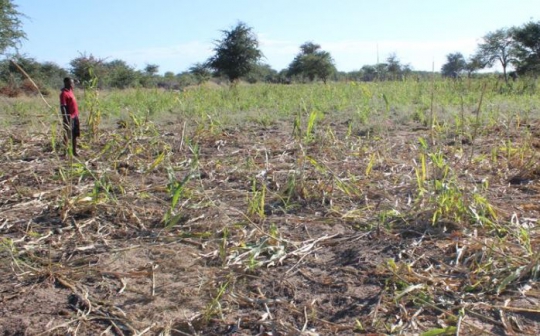×
The Standard e-Paper
Home To Bold Columnists

Reports that a cackle of hyenas has killed some 50 goats and a herd of elephants has been invading people's farmers near Meru National Park must be disheartening.
It is the hope of every farmer to have their crops or livestock maturing and giving a return. When that is cut short by avoidable factors such as human-wildlife conflict, it is tantamount to tying the farmers' hands.